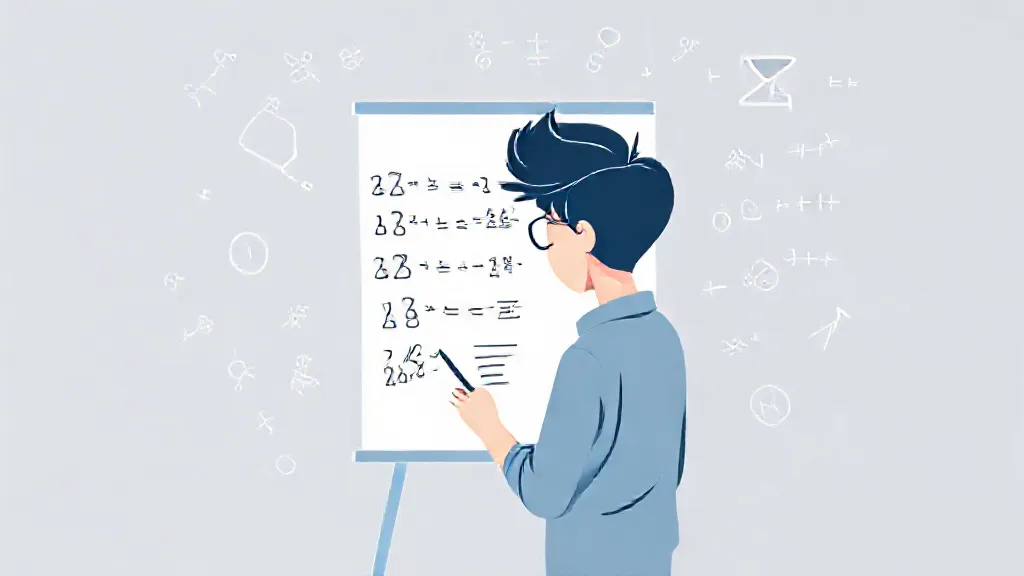Mathematics is often viewed as a series of formulas and equations, but its true value extends far beyond numbers. At its core, math is a discipline that fosters analytical thinking, problem-solving, and logical reasoning. These skills are essential not just in academic pursuits but also in everyday life, making mathematics a cornerstone of education that builds stronger analytical skills.
The Foundation of Analytical Skills
Analytical skills refer to the ability to collect and analyze information, problem-solve, and make decisions. Mathematics encourages this skill set through its structured approach to problem-solving. When students tackle mathematical problems, they learn to break down complex concepts into manageable parts, analyze relationships, and draw conclusions based on logical reasoning.
This process mirrors the analytical thinking required in various fields such as science, engineering, economics, and even the arts.
Mathematics as a Language of Logic
Mathematics is often described as the language of logic. Each mathematical statement is a logical proposition that can be proven or disproven.
This intrinsic logical structure helps students develop critical thinking skills. For instance, when students learn to prove theorems, they engage in a logical process that requires them to construct valid arguments, identify assumptions, and evaluate the validity of their conclusions. This practice not only enhances their mathematical understanding but also equips them with skills applicable in real-world scenarios.
Real-World Applications of Mathematical Analysis
The analytical skills honed through mathematics have practical applications in everyday life. From budgeting and financial planning to data analysis and scientific research, math provides the tools necessary for effective decision-making. For example, understanding statistics allows individuals to interpret data accurately, which is crucial in a world inundated with information.
This ability to analyze and synthesize data is invaluable in both personal and professional contexts.
Problem-Solving Strategies in Mathematics
Mathematics teaches various problem-solving strategies that can be applied beyond the classroom. Techniques such as working backward, drawing diagrams, and simplifying problems are fundamental in math but also valuable in tackling complex issues in daily life.
For instance, a student faced with a challenging math problem might first identify what is known and what needs to be found, a strategy that can also be applied when approaching a difficult project at work.
Historical Perspectives on Mathematics and Logic
Historically, the relationship between mathematics and logic can be traced back to ancient civilizations. The Greeks, particularly philosophers like Euclid and Aristotle, laid the groundwork for mathematical logic.
Their work emphasized the importance of deductive reasoning, which is fundamental to both mathematics and analytical thinking. This historical perspective highlights that the analytical skills developed through math are not just modern educational constructs but have deep philosophical roots.
Enhancing Creativity Through Mathematical Thinking
While math is often associated with logic and structure, it also fosters creativity.
Engaging with mathematical concepts encourages students to think outside the box and explore multiple solutions to a problem. This creative aspect of math promotes innovative thinking, as students learn to approach challenges from various angles. For example, in higher-level mathematics, students might explore different methods for solving complex equations, thereby enhancing their creative problem-solving skills.
The Role of Technology in Mathematics Education
In today's digital age, technology plays a significant role in mathematics education. Tools such as graphing calculators, computer algebra systems, and educational software provide interactive platforms for students to explore mathematical concepts. These technologies not only make math more accessible but also enhance analytical skills by allowing students to visualize problems and manipulate variables in real-time, thereby deepening their understanding.
Conclusion: The Lifelong Impact of Mathematical Skills
In conclusion, the analytical skills developed through mathematics are essential for personal and professional success. By fostering logical reasoning, problem-solving abilities, and creative thinking, math serves as a vital educational tool that prepares individuals for the complexities of the modern world. Emphasizing the importance of math in education can lead to stronger analytical skills, ultimately benefiting society as a whole.
